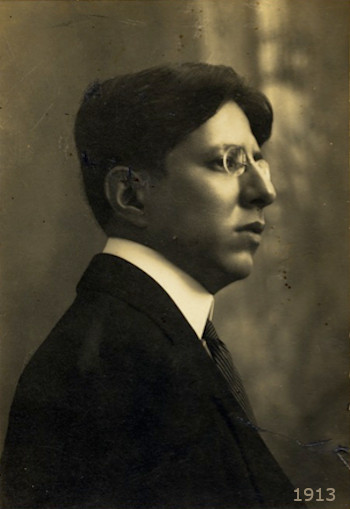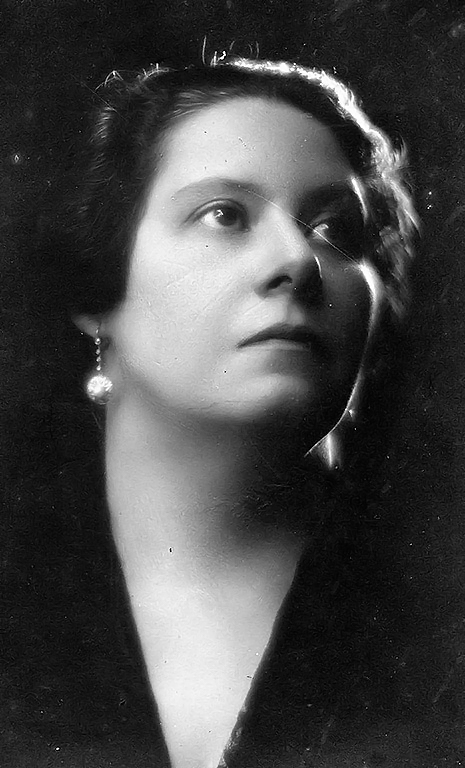Miguel E. Neira was a modernist poet and journalist from Guayaquil, Ecuador. He became well-known with his 1907 book “Baladas de la Miseria” (Misery Ballads). His works were published in magazines like “Alto Relieves” and “El Guante,” a publication he helped to found. Transitioning to public administration, Neira eventually stepped back from the literary world. However, his literary efforts, especially through “El Guante,” significantly shaped modernist literature in Ecuador and supported the country’s intellectual independence from Spain.
Timeline
- 1906: Miguel E. Neira contributes to the burgeoning modernist movement in Quito, a year marked by the publication of Aurelio Falconí and Luis F. Veloz’s “Altos Relieves,” showcasing modernist verses and the influence of Rubén Darío.
- 1907: Neira publishes “Baladas de la Miseria” (Misery Ballads) in Quito through El Comercio’s printing house. This work features audacious metric compositions, such as the adaptation of J. Asunción Silva’s “Nocturno,” marking a significant contribution to modernist poetry.
- 1910: Neira co-authors “Cantos de Guerra y Gloria: Ofrenda a la Patria” with Eleodoro J. Áviles M., published in Guayaquil at Imprenta La Reforma. This pamphlet, specially written for the kermesse organized by the Patriotic Board of Guayaquil, spans 15 pages and demonstrates Neira’s dedication to national themes and his ability to collaborate with other cultural figures.
- 1910, August 28: Launch of “El Guante,” a small-format newspaper where Neira, among other founders, plays a significant role. Neira is known to sign his contributions as “Indice.”
- 1911, August 27: “El Guante” commemorates its first year with publications including caricatures of its founders, indicating its established status as a significant literary outlet.
- 1912: Neira’s poem “La Horquilla de Plata” (The Silver Hairpin) is featured in the March 6 literary page of “El Guante,” exemplifying his continued influence in modernist circles.
- Post-1912: After achieving literary acclaim, Neira transitions into public administration, which eventually leads to his emigration from Ecuador due to professional entanglements in governmental roles.
Contemporaries
- César Borja
- Francisco J. Falquez Ampuero
- Wenceslao Pareja y Pareja
- José Antonio Falconí Villagómez
- Medardo Angel Silva
- José María Egas
- Ernesto Noboa y Caamaño
- Joaquin Gallegos del Campo
- Emilio Gallegos del Campo
- Eleodoro Avilés Minuche
- Modesto Chávez Franco
- Víctor Hugo Escala
- Nicolás Augusto González
- Rafael Pino Roca
- Manuel J. Calle
Works

- Baladas de la Miseria (1907), read it for free here.
- Cantos de Guerra y Gloria: Ofrenda a la Patria (1910) – co-author, 15-page pamphlet.



